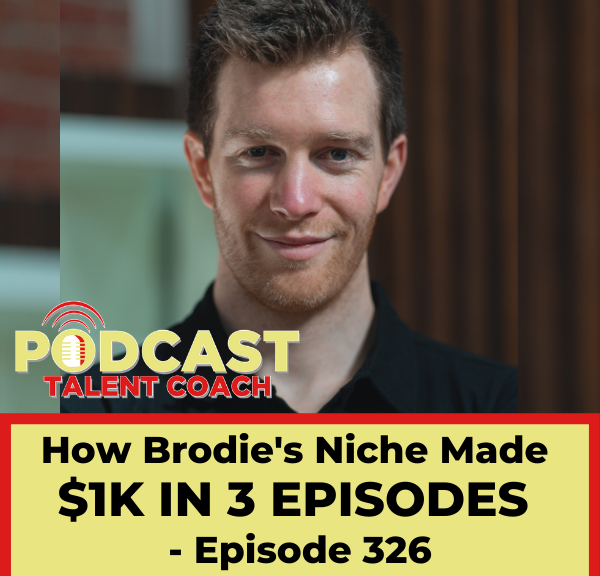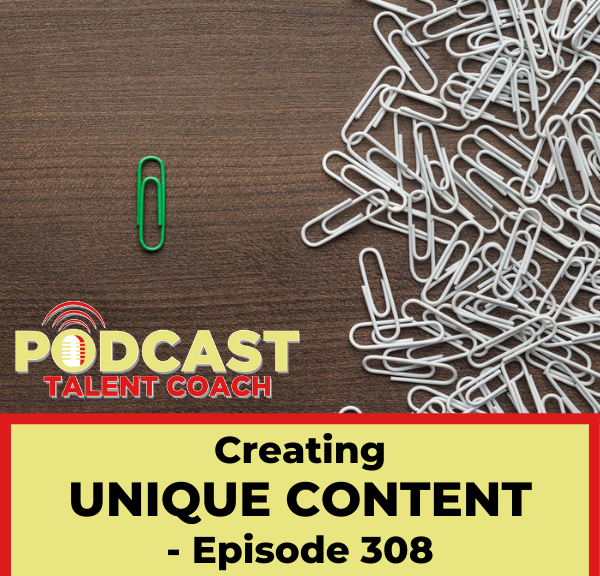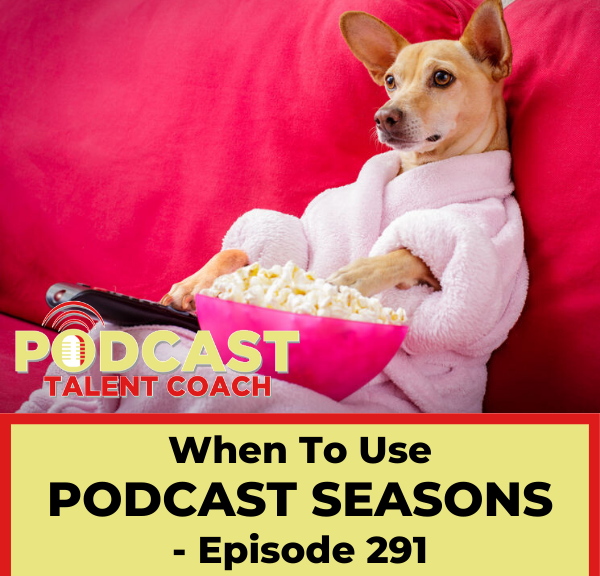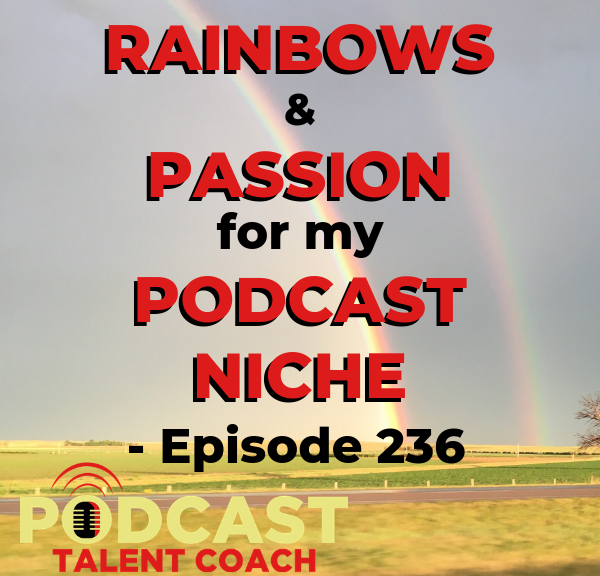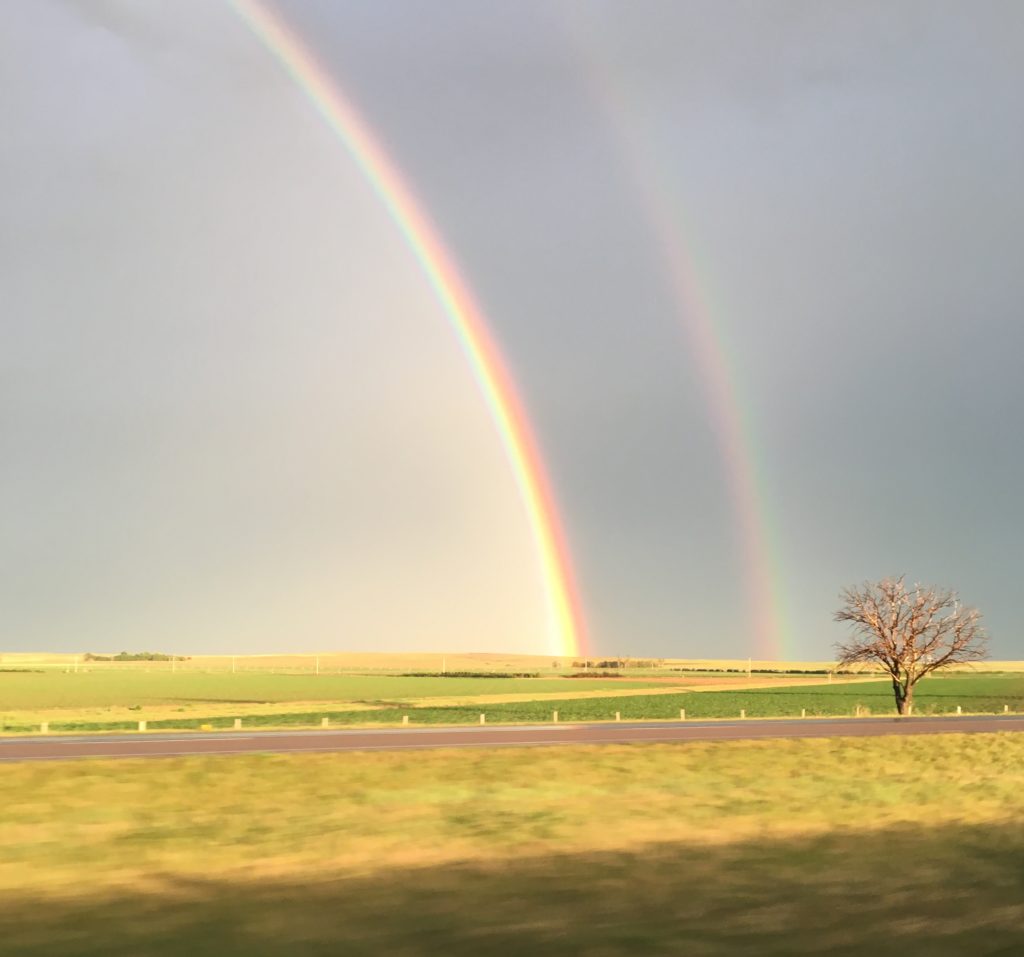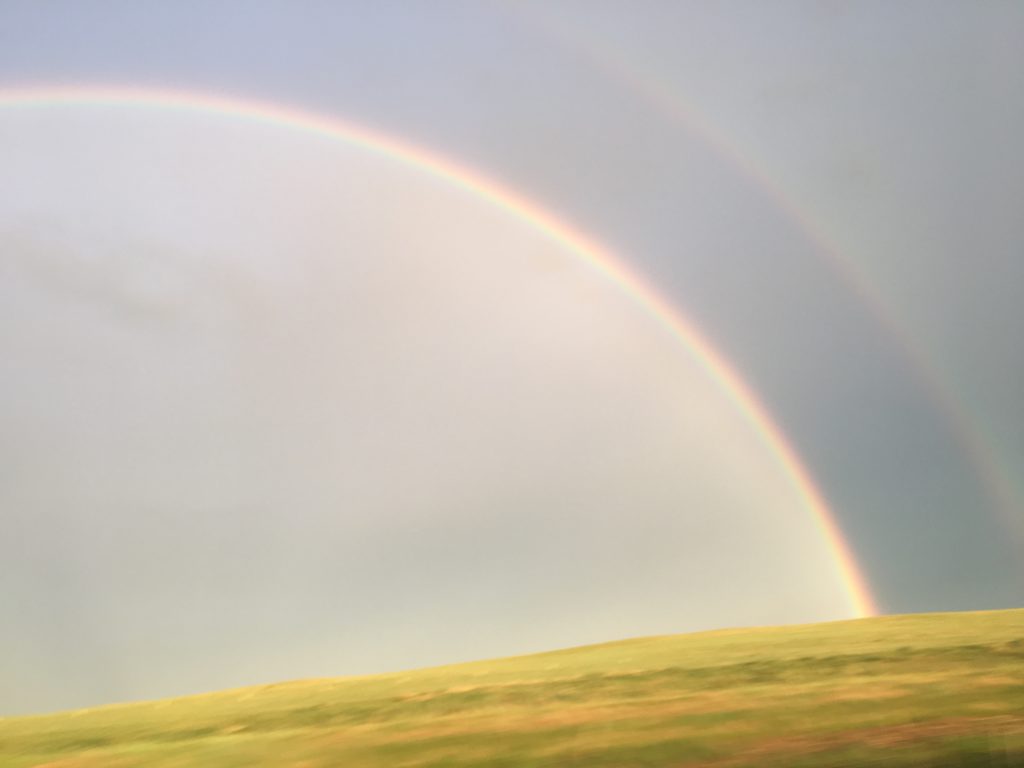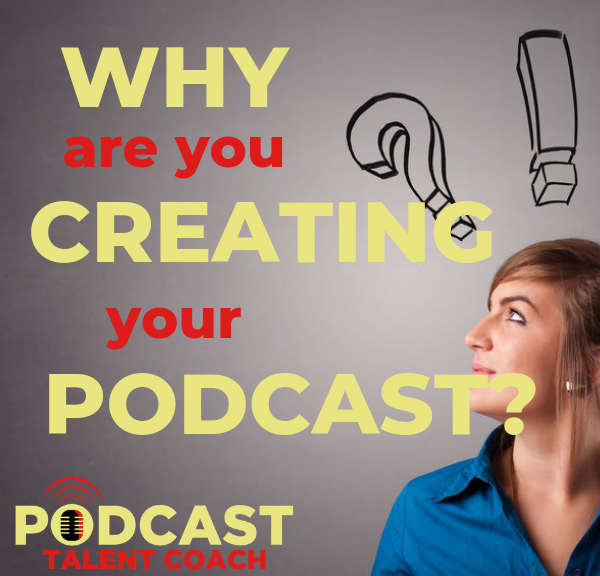Podcast: Play in new window | Download
Subscribe:
There is one way to stand out from the crowd in your podcast niche. Most people think the solution to creating unique content is creative or better content. That isn’t the case. Your content can be copied. You become unique by the way you present the content.
CONTENT IS KING?
You’ve heard it often. Content is king. Well, content isn’t king.
Content by itself won’t gain you an audience. Content isn’t king. Great content is king. Unique content is king. Your presentation makes that king one-of-a-kind.
I learned this early on in my radio career when my program director told me to stop copying everyone else.
On-air radio talent, a.k.a. DJs of disc jockeys, get critiqued on a regular basis by their program directors in meetings called aircheck sessions. In these one-on-one meetings, you listen to your show and your PD gives you suggestions to make it better.
Nobody likes to be critiqued. However, if you understand that your best interest is what it is all about, your show gets better.
We had just launched a new station playing alternative music of the early 90s. New Order, R.E.M., Depeche Mode, Natalie Merchant and 10,000 Maniacs, and so many others. It was a great time.
I had moved across the hall from our active rock station. At that station we were playing Metallica, Pearl Jam, AC/DC, Motley Crue and the rock tunes of the time.
Even though I had made the move to the alternative station, my style and delivery was still influenced by the DJs on the rock station. I was using the lingo, cadence and content that I had been using over there. It was natural to me, but didn’t fit the style of the station.
As we were listening to my show in that aircheck session, my program director pointed it out. She said, “That line is really a rock thing. Why don’t you leave it to them and do something unique? Be yourself.” That is when I took the first step in really developing my own style.
JUST A KNOCK OFF
Everything I was doing to this point was simply a derivative of someone else. I was a cliché, a poor knock off.
Why would anyone listen to me when they could get the real thing by listening to the original?
From there, I took my content and made it original. It was on the road to becoming great.
Over the years, my style and content developed. I became myself. That is when my show finally became #1. My content was original and fresh. Nobody else could copy it, because it was my authentic self.
GREAT CONTENT
Before you can get to your unique self and unique content, you need to have great content. People need to care first.
If your content isn’t great, nothing else matters.
The production of your podcast could be the best available. You could have all the bells and whistles available in your studio. The marketing of your podcast could incredibly creative and unique. However, if the content isn’t great, no one will care.
Once you have your great content, don’t simply go through the motions creating your podcast. Find a unique angle. Your take on the subject should be interesting, personal and full of stories. Make your content stand out using creativity and personal revelation.
It is just like this example. I could tell you to create unique content by being yourself. But 20 other podcast coaches could do that as well.
How many can tell you they have learned this example through 30 years of radio experience and by actually learning it first hand while transitioning from one radio station to another?
I have had the #1 radio show in the market for 20 years. In fact, more people listen to my show than any other show on the radio in the state. And I’m not even on in the mornings during the time when most people listen to the radio. I’m on a 10-year run.
Be you and win.
Content won’t attract an audience unless it is great content. When your content is great, you become king. But you won’t remain king unless that great content is unique content. Make it happen by being yourself.
There are five key areas of focus when creating great and unique content.
1. REPEATING YOURSELF
That’s right, of course, like I said, obviously.
If you find yourself saying “obviously” or “of course”, you are making one of two errors.
The first error is repeating yourself. If you are saying “obviously” because you feel everyone already knows the information, you are wasting your breath. There is no need to say it. Everybody knows it.
I may say, “The sun comes up in the East, of course.” Everyone listening to me knows the sun comes up in the East. There was no reason for me to point out the origin of the morning sun.
“Of course” gets thrown in, so it didn’t look like I was trying to teach you about the sunrise. I didn’t want you to think I just learned that. “Of course” plays it off.
Instead, just say, “Because the sun comes up in the East, …” or something similar. Acknowledge it without the qualifier.
CONFIDENCE
The second error is lack of confidence. You may want to sound knowledgeable to those who know the information. Yet, you know there is a segment of the audience that does not know the details. In this case, you’re just wasting words.
I may say, “The band will be at the arena Saturday night, of course.” Some may be aware of this performance. Yet, there may be listeners in the audience who haven’t heard the news. It makes sense to add the information.
The idea is to sound knowledgeable and credible to those that already know, while providing the information to those unaware. You simply need to restructure you sentence and eliminate the cliché.
“When the band is at the arena Saturday night, parking will be at a premium.” This sentence provides new information to both segments. I include the “arena Saturday night” portion for the new listeners while giving those already aware of the concert new parking information. Both receive a benefit.
When you include “that’s right” or “like I said”, you are repeating yourself. Your listener heard you the first time. Most people use these cliches to fill time while they think of the next thing to say.
Avoid going in circles. Your listener will quickly become uninterested. Your show loses momentum. Know where you’re going and keep moving forward.
2. ELIMINATE CLICHES
I hear so many cliches in podcasts today. Actually, they are all over business in general.
The definition of a cliché is “a phrase or opinion that is overused and betrays a lack of original thought. It is a very predictable or unoriginal thing or person.”
We had a leader of our radio division who would use one particular cliché on every conference call we had.
Every month, we would have a conference call to keep each station in sync. It would be run by our division leader. The call would then feature 4 or 5 other speakers covering various topics. The call would last about 30 minutes.
After every speaker would finish their report, our division leader would say, “Really good stuff.” When he would talk about new resources that were available to us, he would wrap it up with “really good stuff”. When he talked about new music coming out, he would call it “really good stuff”.
What started out as a compliment became a hollow nod that carried no weight. It was overused and lacked original thought. It was predictable.
He got so predictable, as the speaker would wrap up, we would say to ourselves, “that was really good stuff” right before our leader would chime in with the same line. It kept us entertained on the call, but added nothing to the conversation.
FIND THE CLICHES
What cliches are you using? There are so many. Many times you don’t realize it is a cliché until you start listening to your own show, or a coach points it out.
This is a big reason you should be listening to your show in real time like a real listener. Pick a show that is a few weeks old and review it.
The one cliché that sounds most out of place to me on a podcast is, “To be honest with you”. When somebody says “to be honest with you”, I immediately think, “were you lying to me before?”
What message are you trying to convey when you say, “to be honest with you”? I assume you are simply trying to add emphasis to what you are saying. In reality, the cliché has lost its power. It means nothing. Cliché.
There are many others. We are thinking out of the box or pushing the envelope. Let’s take it to the next level. Erik here to remind you something or another. You know what I mean? You know what I’m saying. Tons of clichés.
Take an older episode of your show and really listen to it. Find the clichés and eliminate them. Be original and create unique content.
3. AVOID ROUGH TRANSITIONS
And now it’s time for …
This phrase seems harmless. It looks like a logical transition from one segment to another during your podcast. Unfortunately, this phrase gives your listener permission to leave the show.
When you use “and now it’s time for…” or some similar phrase, it tells the listener that one segment is over and we are moving on to something else.
This phrase also signals a natural break in the show and the perfect time to exit. The transition is a lot like a commercial break in a television show. It is time to grab the remote to see what else is available.
LIKE THE SIDE SHOW
Famous American showman P. T. Barnum noticed that people were lingering too long at his exhibits. If he could get them through the exhibit faster, he could get more paying customers through in a day.
Barnum posted signs around the exhibit indicating “This Way to the Egress”. Unaware that “Egress” simply meant “Exit”, people followed the signs to what they assumed was a fascinating exhibit only to end up outside. He got people to leave sooner.
Take down the “egress” sign. If you truly want to hold your listener from one segment to the next, don’t send up the signal. Simply move to the next segment.
The phrase “now it’s time for …” is also unnatural.
Imagine you are at a cocktail party. You are discussing the baseball game that you saw over the weekend. After that topic runs its course, do you say, “Now it’s time to talk about my new car”? I doubt it.
You probably just roll right into, “Hey, I bought a new car last week.” It is a natural transition. Your friend doesn’t think, “Hmm, that was a pretty rough transition.” They have moved on right along with you.
As you wrap up one segment, move right to the next. You might end the first segment with, “If you take those steps, things should be back to normal.” Roll into the next with, “Jackie has a question about teamwork,” and play the call.
The next segment just starts. You’ve hooked them on the next segment without opening the door to leave.
Don’t flash the exit sign. Eliminate “and now it’s time for” to hold your listener for the entire podcast.
4. BE ORIGINAL WITH UNIQUE CONTENT
Hello Everybody in Radioland! Are we on 1930s radio?
To be engaging and unique, you need to be human. You need to be yourself.
As you record your podcast, use your natural voice and your own words.
Individuals who are new to broadcasting tend to want to sound like their broadcasting idols. They try to imitate those they have heard on the radio with their voice and clichés.
Unfortunately, new broadcasters tend to sound as if they are using scripted drivel done in some character voice that is forced and unnatural.
You don’t need to sound like Gary Vaynerchuk, Wolfman Jack, Howard Cosell, Don LaFontaine or Howard Stern. In fact, you shouldn’t sound like those guys. They are who they are. You should be who you are.
If you are naturally over-the-top, then be over-the-top. If you are not, don’t fake it. You’ll sound like an amateur and a fake.
Be natural. Talk with a little energy, but always deliver it as you naturally speak.
The days of “the voice for radio” are gone. You don’t need a big voice to be on the radio. You surely don’t need a big voice to create a podcast.
Your voice becomes unique by what you say, not how you sound saying it.
Be yourself. Use your own voice instead of trying to impersonate someone else. Use your natural voice and your own words.
5. USE STORIES
Finally, use stories to create unique content. Nobody can copy your experiences and stories.
Through your stories, your listeners get to know you, like you and trust you.
Through the details you include in your stories all your listeners to get to know what you value and believe. They understand your personality.
Make your stories rich with detail. Create images in the theater of the mind of your listeners.
Focus on these five areas to create great content. Avoid repeating yourself. Eliminate the cliches. Create smooth transitions in your content. Above all else, be original and tell great stories.
These five areas will help you create unique on every episode.
Do you need help with your podcast? E-mail me any time at Coach@PodcastTalentCoach.com. Let’s see what we can do.
You can find my podcast and other tools to help you create great content at www.PodcastTalentCoach.com.
Let’s turn your information into engaging entertainment.
